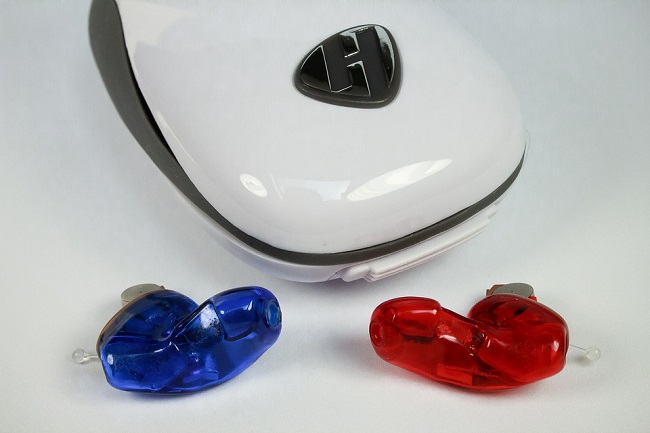Fatigue isn’t just feeling tired. When you’re feeling fatigued, a nap alone might not just cut it. It’s feeling like you don’t have the energy for just about anything, and can get in the way of a happy, healthy life. So, what’s bringing your energy levels all the way down and what can you do about it?

Image Source
You’re not sleeping right
Though fatigue and sleepiness aren’t always linked, there is often a direct link between the two. If you have lost control of your internal sleep clock, you might find it hard to increase the number of hours you sleep or when you go to bed. There are ways to reset that sleep clock, however. Limiting your exposure to blue light (from laptops, smartphone screens, and other electronics), fasting with 12 hours between breakfast and dinner, and even going camping and exposing your body to the day-night natural light cycle can all help. If you can restart your sleep clock, it can be much easier to go to bed a little earlier and wake up much more refreshed.
You’re not getting the nutrition you need
What we eat and what nutrients we absorb also play a big role when it comes to determining our energy levels. Well balanced meals spaced throughout the day improve our ability to digest food and how our metabolism converts energy, which means we feel more energetic. Hydration is just as important, and IV vitamin therapy can be the boost you need of both nutrients and hydration. It can help give you the energy boost you need while you make the move towards a healthier diet.
It could be in your head
The fact that mood can affect your energy is not a thought to be taken too lightly. Chronic fatigue and a distinct lack of motivation is one of the strange ways that depression can affect you. Depression isn’t just a state of mind, it influences the chemical balance in your brain, and can stop you feeling the effects of natural feel good chemicals like dopamine and endorphins, which give you that energy rush. Taking steps to address depression is essential if you feel like your fatigue is also paired with low moods.
Why it’s worth getting checked out
If you do believe that depression might be the cause of your fatigue, then arranging an appointment with your doctor can be one of the best ways to start addressing it. However, there are many potential medical causes of fatigue, some of them with symptoms and impacts that could be legitimately dangerous. These include diabetes, anemia, liver failure, COPD, sleep apnea, and more. You shouldn’t jump to any conclusions about what might be causing your fatigue. However, it is wise to get yourself checked out just to make sure there are no more serious problems lurking beneath it.
Whether it’s caused by lifestyle factors or there are real reasons you should be seeking medical advice, it’s important to stamp fatigue out when you have the chance. It’s impact on your mood, social life, and health habits are too serious to let lie.






